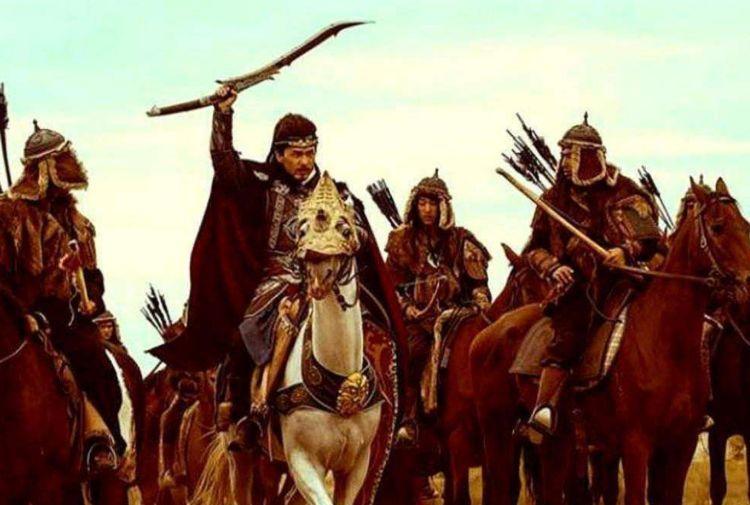When it comes to the Huns, many people think of the words strong and savage. In the impression of many people, the Xiongnu were a group of undisciplined herders, who had no place to live, and like bandits, they often launched attacks on China, especially in the Western Han Dynasty, when the Xiongnu repeatedly invaded the border, which particularly troubled the imperial court. Liu Bang, the founding emperor of the Western Han Dynasty, once fought a large-scale war with the Xiongnu, and the result was not only that he did not win, but was besieged. In the end, Liu Bang decided to ease the conflict with the Xiongnu in the way of peace, and this situation lasted for a long time, until the time of Emperor Wu of the Han Dynasty, the Han Dynasty had enough strength to compete with the Xiongnu.

There are many records about the ancient Xiongnu, the most confusing of which is one of their customs, specifically "the father dies to marry the mother, the brother dies to marry the sister-in-law", what is going on? Why did the ancient Huns have such customs that are contrary to ethics and morality? In the Xiongnu camp, the status of women was particularly low, and sometimes they were even exchanged for goods.
Therefore, for the Huns, the father's wives and concubines were a kind of property, so they needed to be inherited. At that time, the women of the Huns had little freedom and no way to survive independently, and they could only be attached to men and then forced to obey the command. It is worth mentioning that the Xiongnu's "father died and married his mother", which was only the concubine of the father, not including his own birth mother. From this point of view, the Huns also observed a little ethics and morality.
Many people believe that the Huns have such strange customs mainly because they have no fixed place to live, and they have to move to other places every once in a while, and if they do not inherit the women of the group and drive them out, then these women will depend on other groups for survival, which will make other groups more powerful.
Therefore, they would rather digest it internally than let the women in the clan become the help of others. The Central Plains belonged to an agrarian society, and our place of residence was relatively fixed, so there was no need to migrate around like the Huns. Even women have a certain ability to survive and can do some needlework or other work. Therefore, the Central Plains women have a stronger ability to be autonomous than the Xiongnu women, and they also have more room for choice. Judging from the results, the Huns had strong individual abilities, but the overall development potential was very small, and they were ultimately defeated.